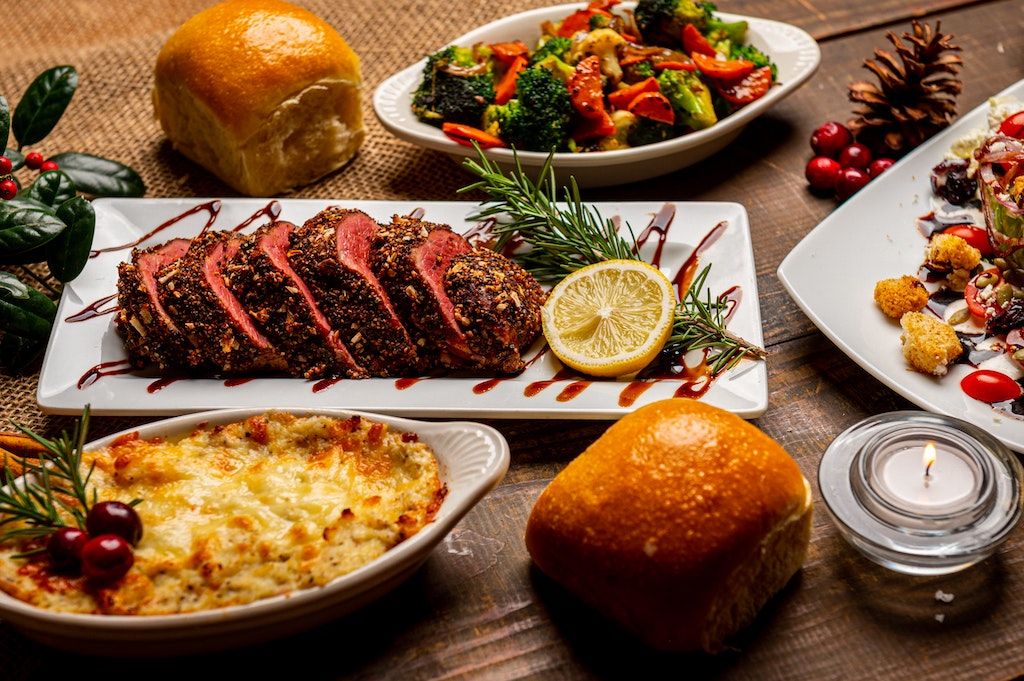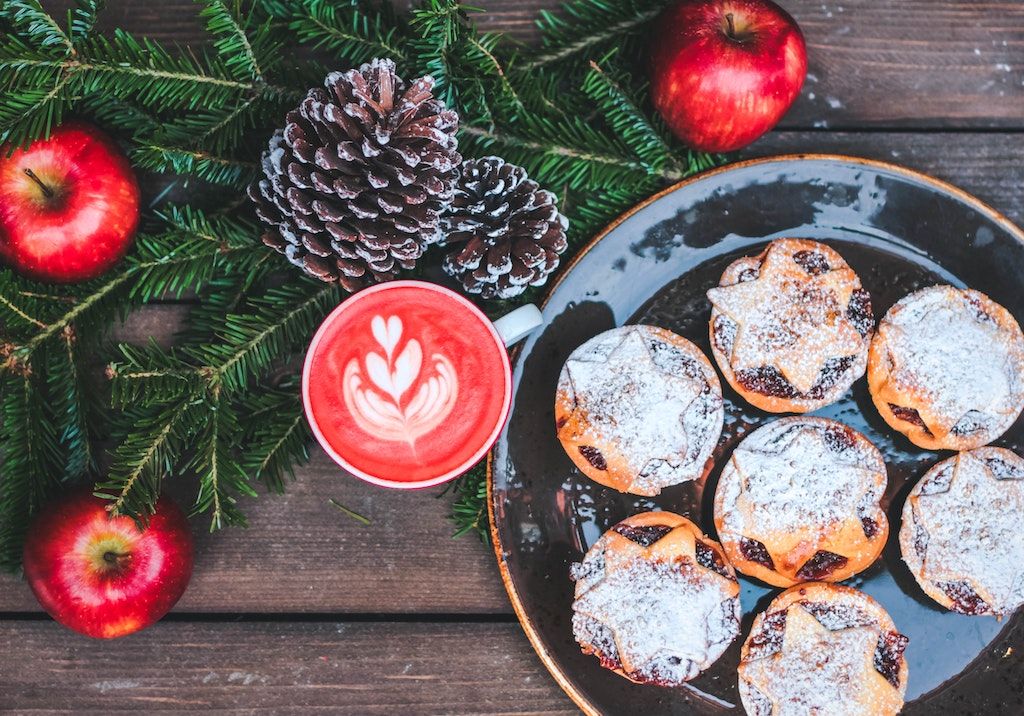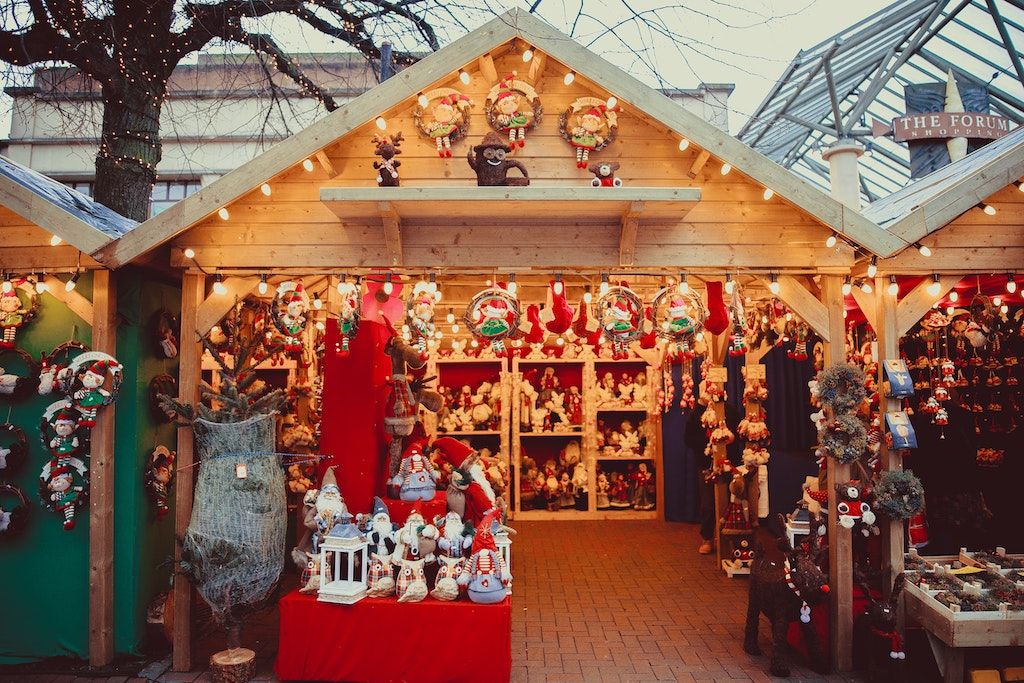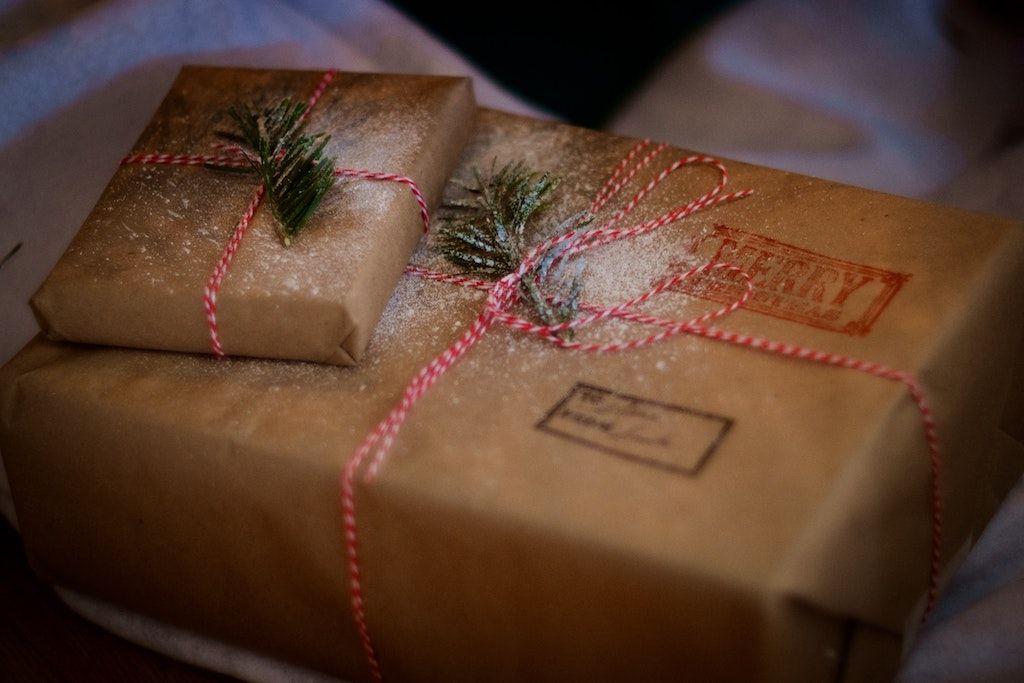How Is Christmas Celebrated Around The Balkans?
Even though the Balkans are geographically a fairly small region, the countries are known to be pretty diverse culturally – also when it comes to their Christmas traditions.
Check out how the countries in the Balkans like to celebrate Christmas holidays. And yes, there’s a lot of food involved.
How Is Christmas Celebrated Around Different Countries In The Balkans?
Macedonia, Serbia and Montenegro
Most Macedonians, Serbians and Montenegrins identify themselves as Orthodox believers. They celebrate Christmas on January 7 and share many of the same traditions and customs.
Christmas Eve and Christmas Day are usually celebrated at home with the closest family members, while on the third day it’s common to get together with other relatives and friends to pass the season’s greetings.
Instead of the usual greeting such as “Hello” they typically say “Christ is born” when they meet the other person and that person will reply with “Truly he is born!”.
The celebrations usually start on January 6 (Christmas Eve) which is also the last day of the Orthodox fast. Even though the families typically prepare a big meal, it normally doesn’t include any meat. Instead, the tables are full of roast fish, potatoes, beans, bread and salad.
On Christmas morning, the family usually eats “Cesnica”, a special type of bread made according to the recipe that was passed down for generations. A coin wrapped in baking paper is added to the dough, and the person who finds it can expect great fortune in the upcoming year.
The feast usually continues at lunchtime, after the faithful have attended the morning services. Since this lunch is supposed to break the seasonal fast, there are many delicious (meat) dishes on the table. Usually one can find “pecenica” (roast pork), “sarma” (cabbage leaves stuffed with meat), potatoes, different kinds of soup and baklava, “the nut pastry”. Yum!

Bosnia
Orthodox believers in Bosnia celebrate Christmas similarly to their neighbours in Serbia, Macedonia and Montenegro while Muslims don’t celebrate Christmas.
Bosnian Catholics start their Christmas activities with a Christmas dinner following a midnight mass on Christmas Eve (December 24).
Keeping up with the fasting tradition, the dinner should be meat-free which often involves lots of fish, potatoes, bread and other delicacies.
On Christmas Day, similar to their neighbouring countries, they also like to eat pork and “sarma”. It’s common for every household to serve Christmas cakes (“sape”).

Croatia & Slovenia
Mainly Catholic believers, Croatia and Slovenia celebrate Christmas on December 24 and 25.
During the whole month of December, bigger squares in Croatian and Slovenian cities transform into festive Christmas markets, covered with countless food and drinks stalls, offering mulled wine, tea, liqueurs and various grilled dishes.
It’s traditional to have an advent wreath at home that has four candles, with one of them being lit on each Sunday in December.
Christmas Eve (December 24) and Christmas Day (December 25) are typically celebrated with close family members. On Boxing Day (December 26), friends and extended family members visit each other.
They greet each other saying “Merry Christmas” (“Sretan Bozic” in Croatian and “Vesel Bozic” in Slovenian).
And the food? Well, on Christmas Eve most people eat some sort of fish (dried cod is preferred in Croatia), keeping up with the fasting tradition.
On Christmas Day, the tables are usually full of meat dishes (often turkey, goose or duck), along with “sarma” (filled cabbage rolls). For dessert, the Croatians love “krafne” (donuts filled with jam) or “fritule” (pastry flavoured with rum and topped with powdered sugar). Slovenians on the other hand, absolutely love to eat their traditional Balkan Christmas food “potica” (nut roll) as dessert.

Kosovo
Although 95% of the population identify as Muslim, there are still some traditional festivities that the Kosovars like to join in. One of the biggest Christmas masses takes place in Pristina’s Cathedral of St. Mother Theresa on midnight December 24-25.

And this is how Christmas is normally celebrated around the Balkans! Of course, the traditions can vary in other parts of the same country or in different families. Many traditions in the Balkan countries are similar to each other, while some are quite different!
And how do you and your family celebrate Christmas? Let us know in the comments below!
FAQs
Which Balkan countries celebrate Christmas on January 7?
In the Balkans, Serbia, Montenegro and North Macedonia celebrate Christmas on January 7. This date aligns with the Julian calendar used by the Serbian Orthodox Church, which is currently 13 days behind the Gregorian calendar.
